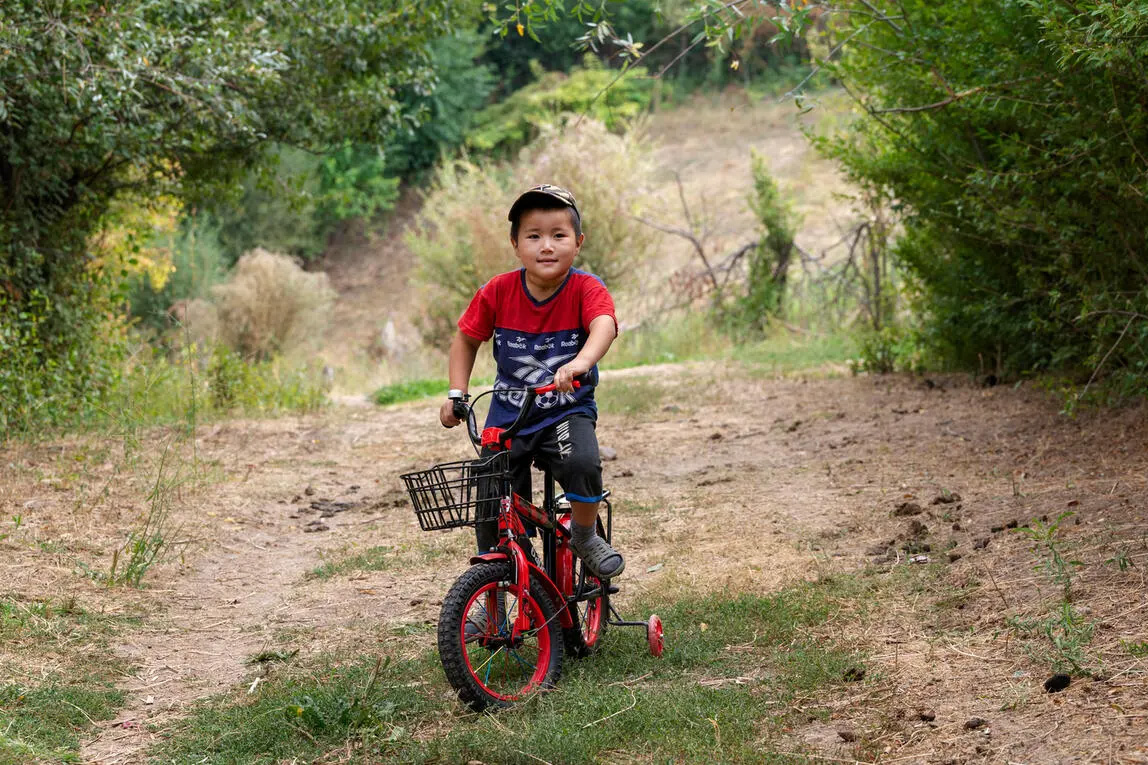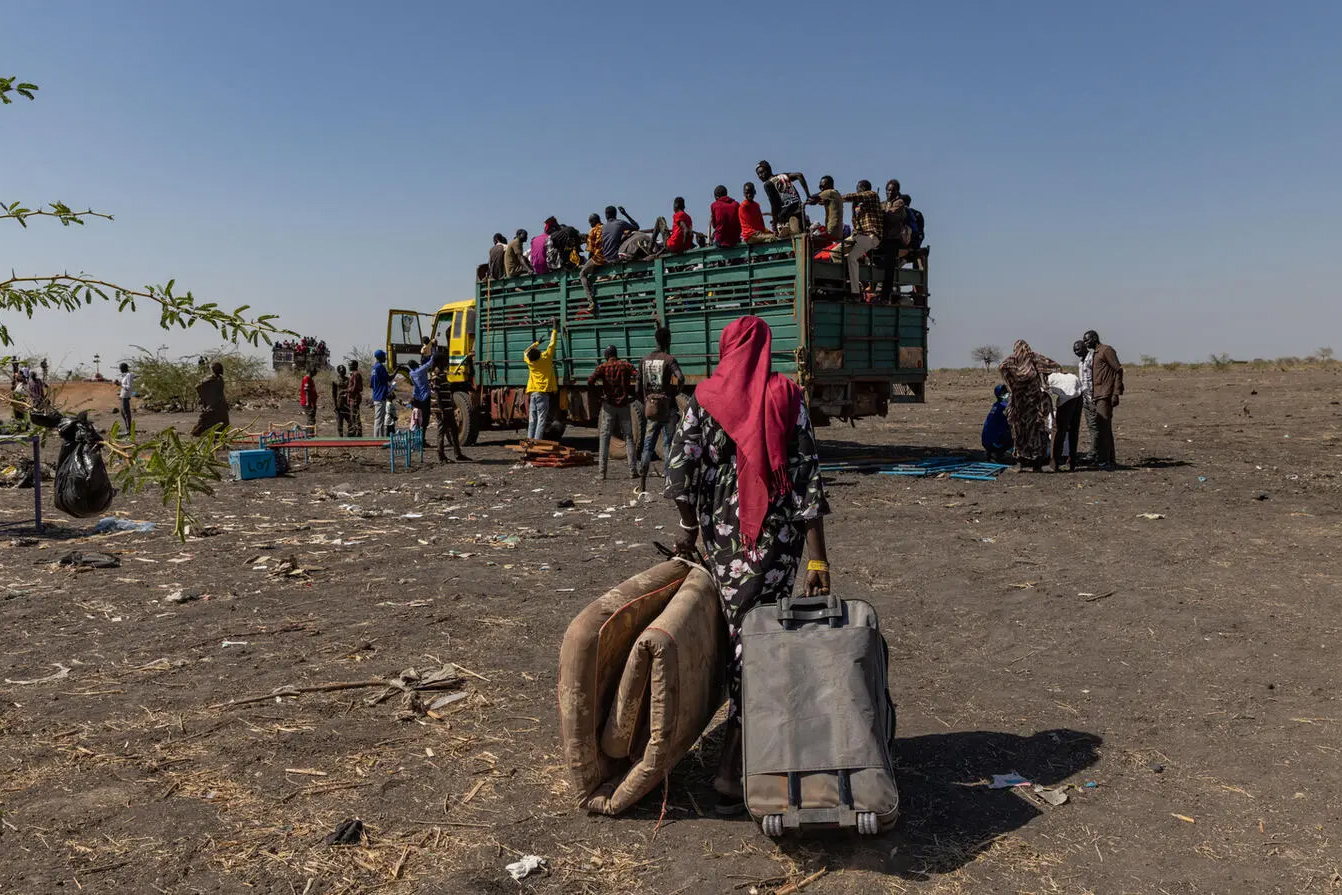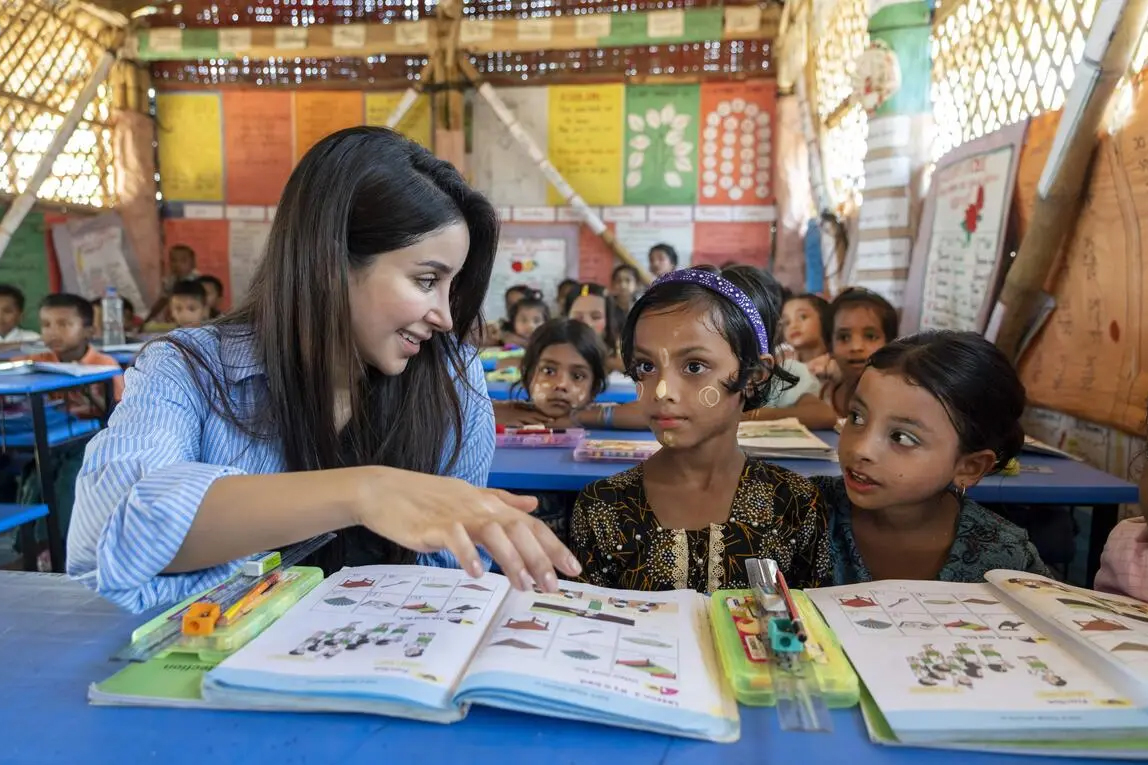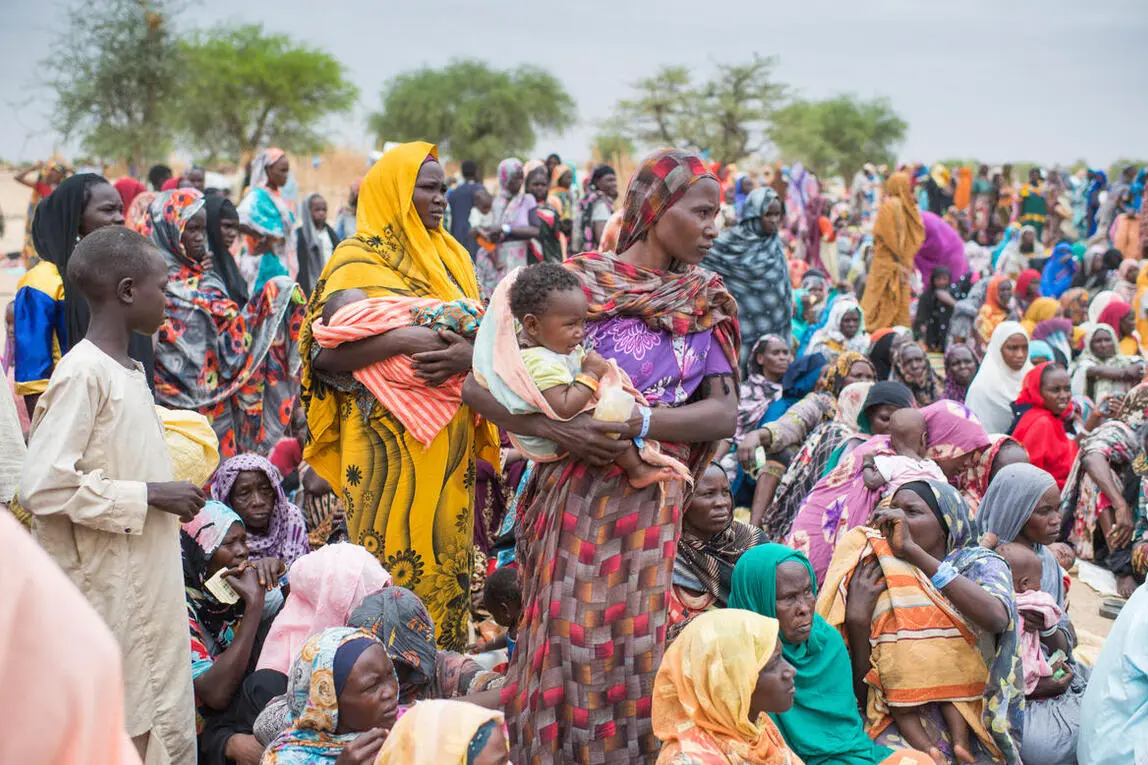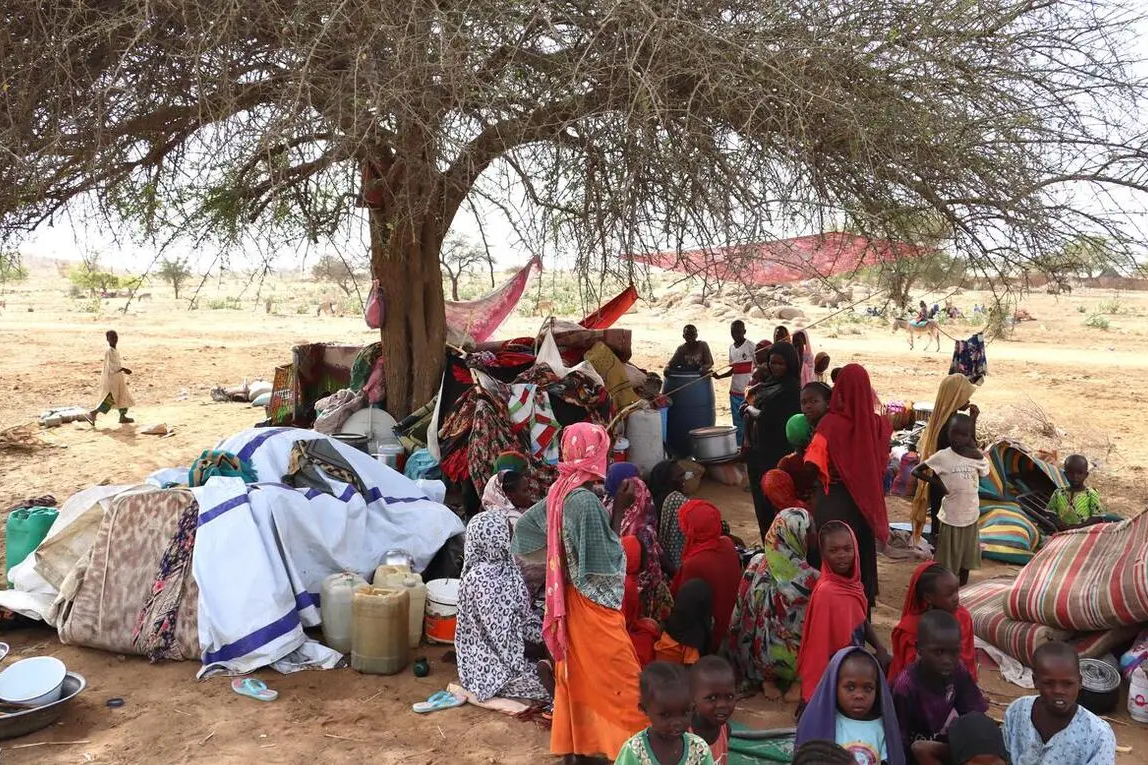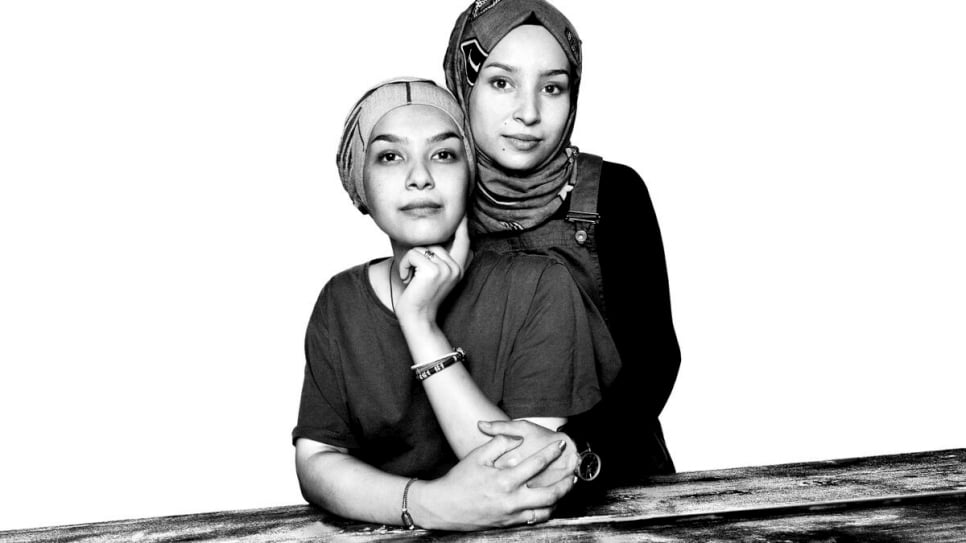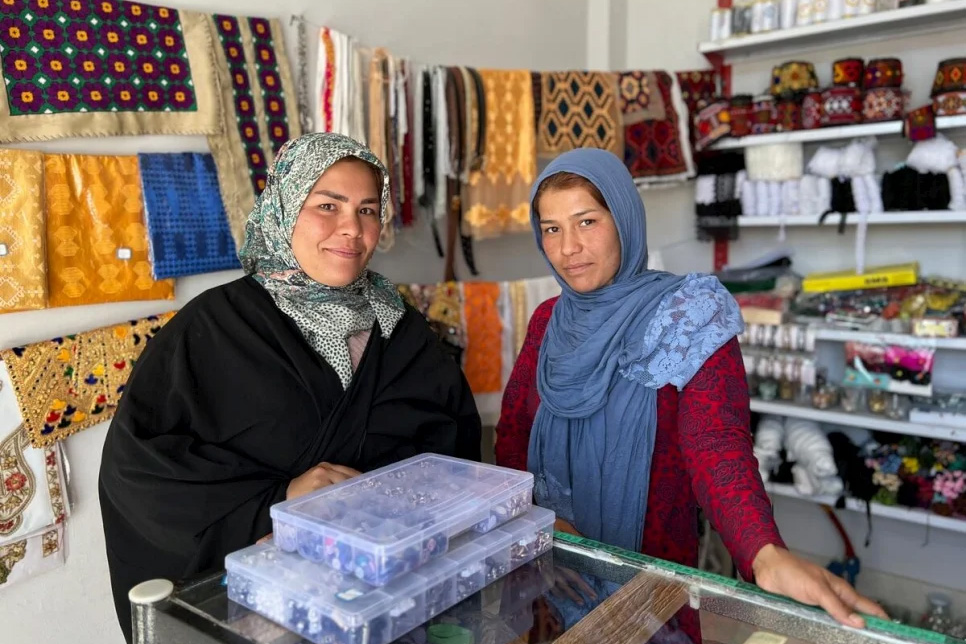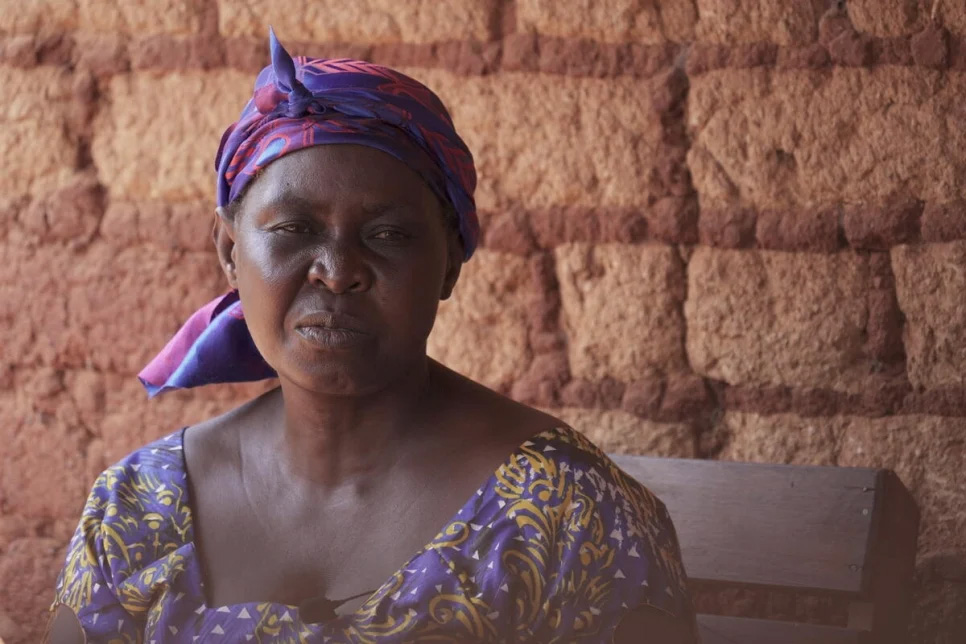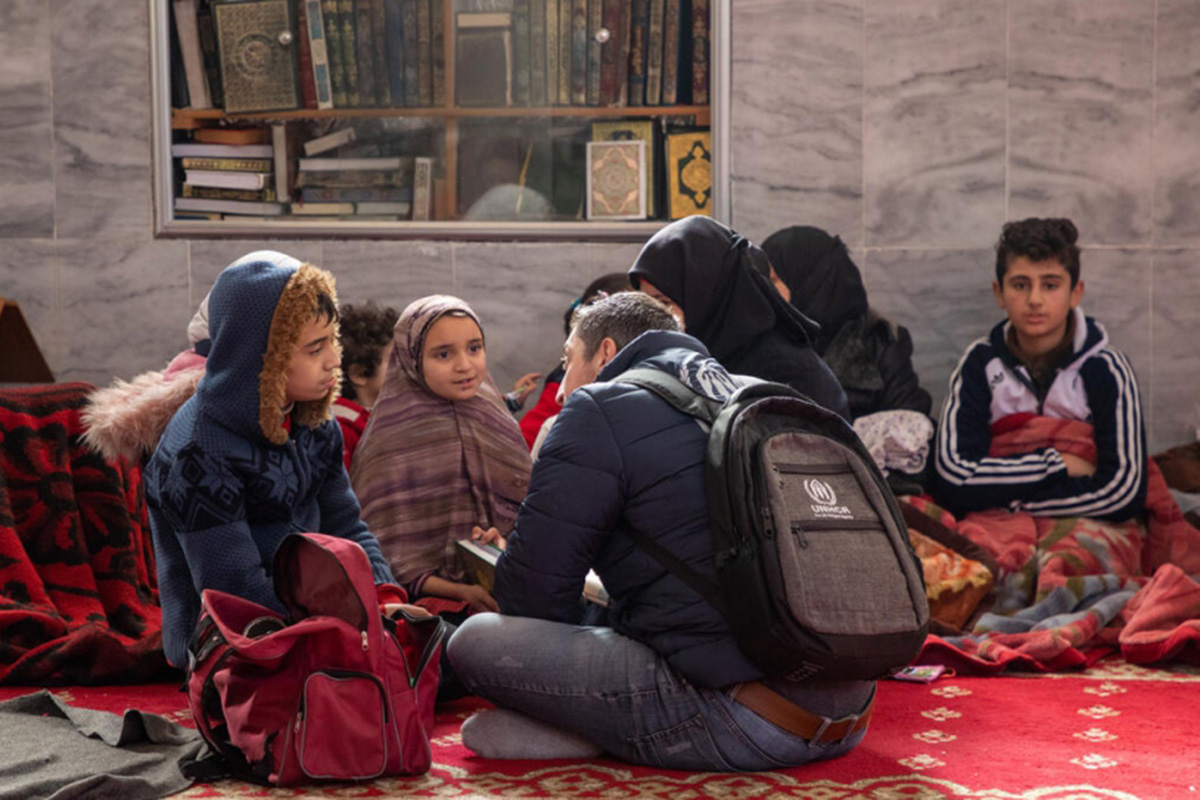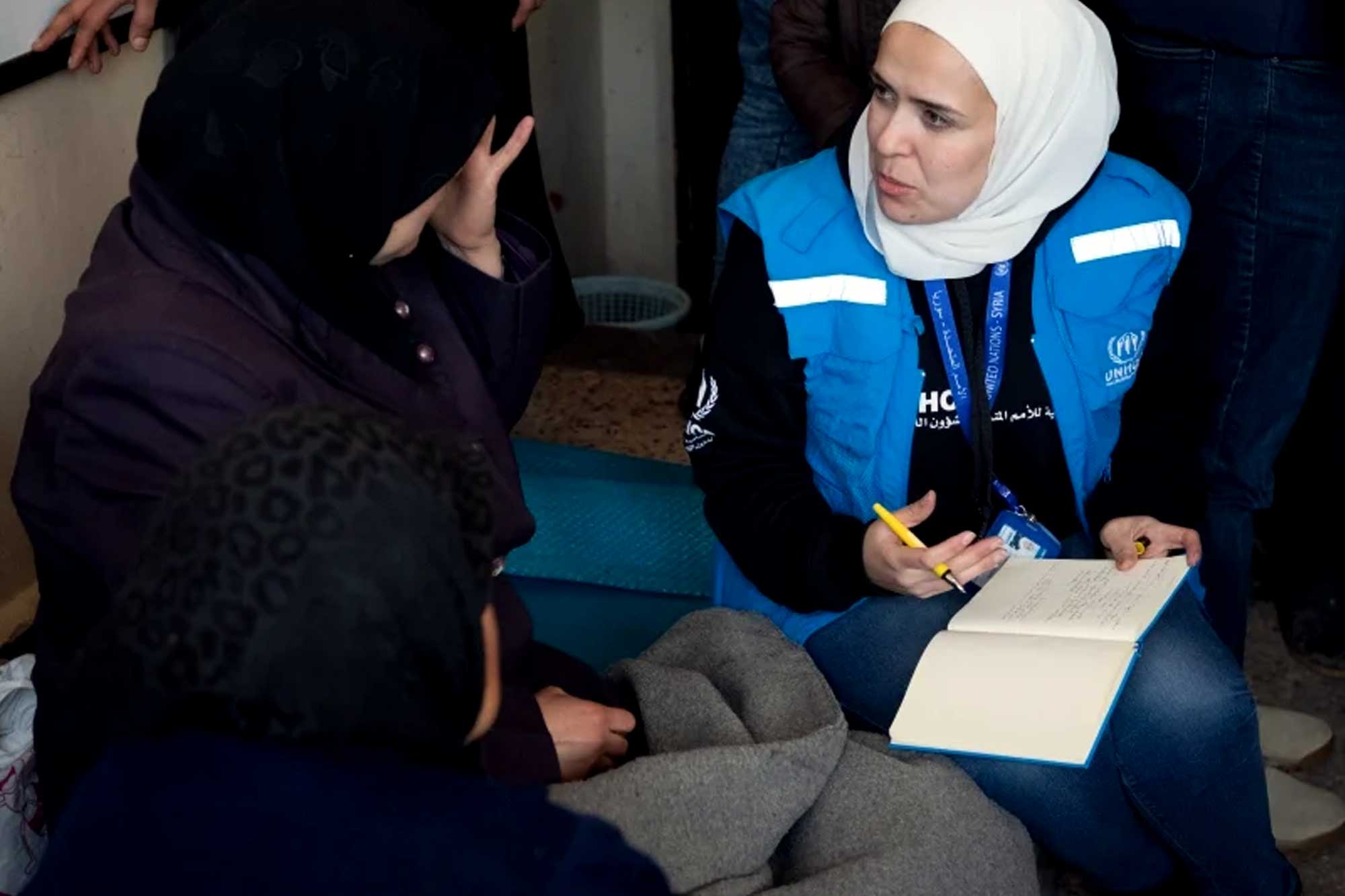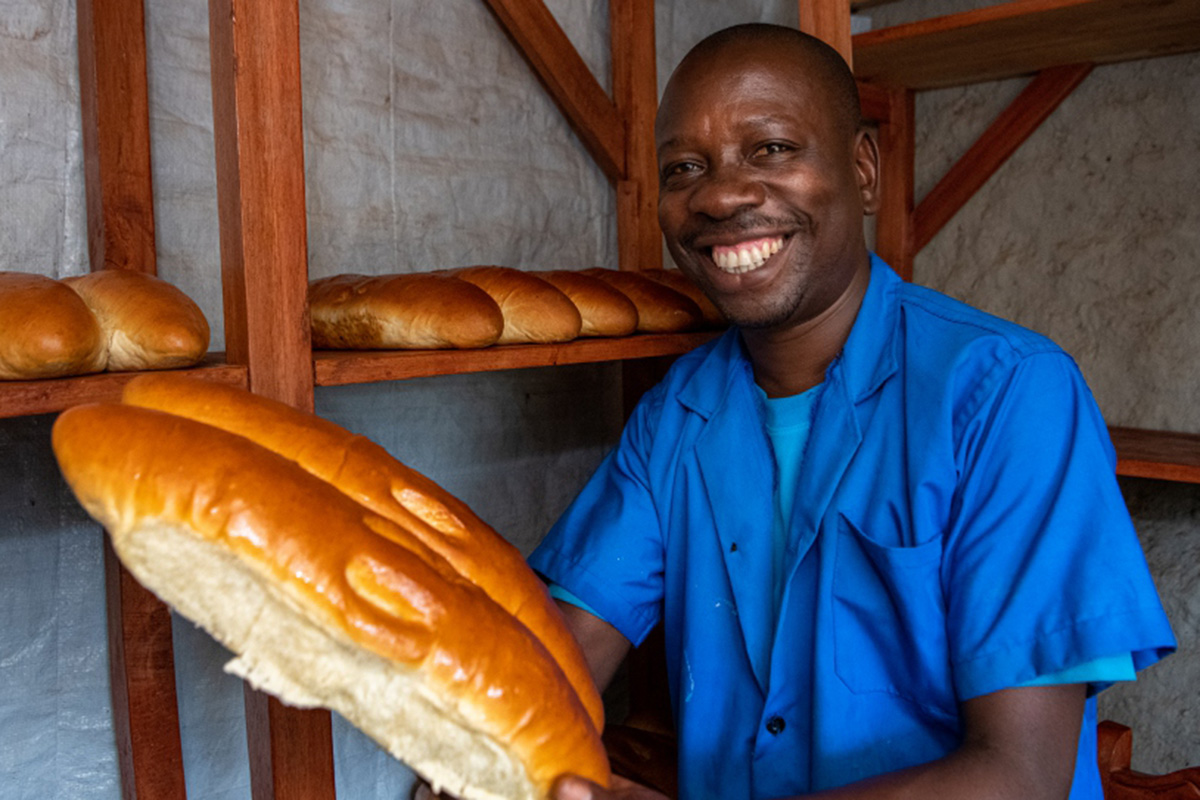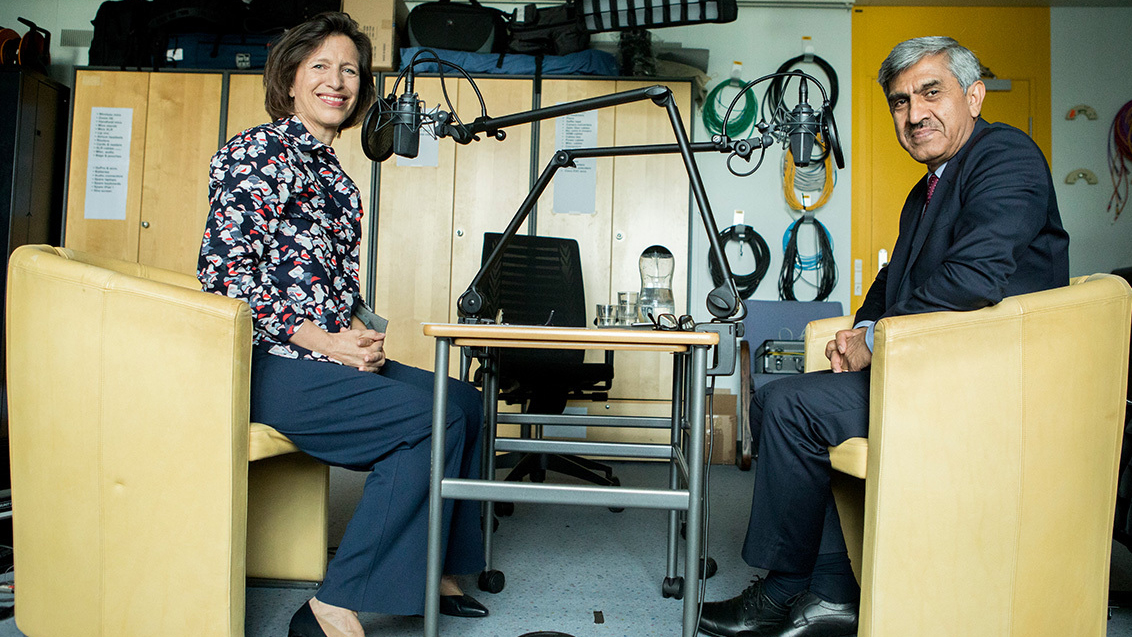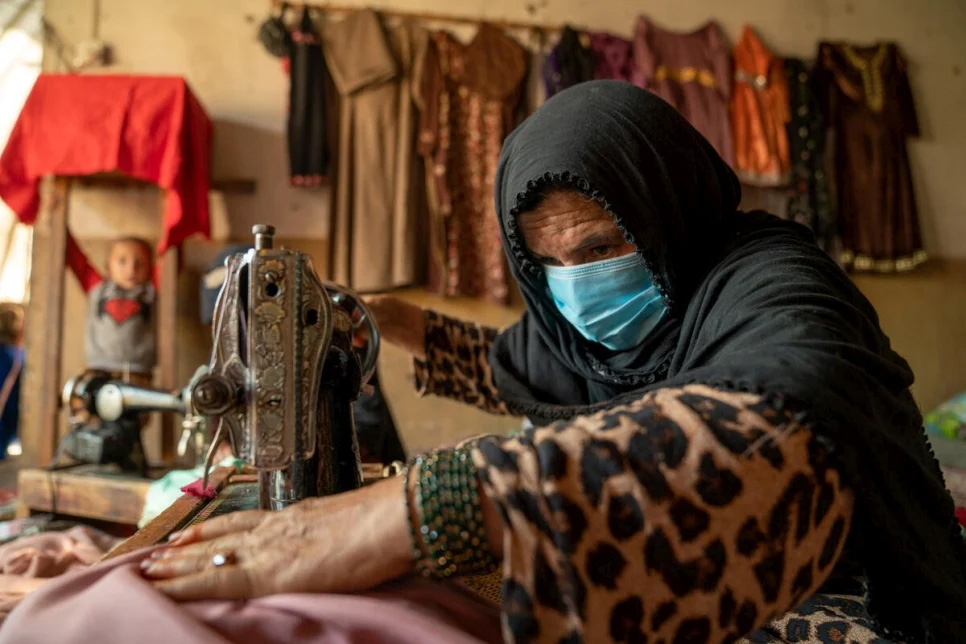UNHCR welcomes a new law in Kyrgyzstan ensuring all children born in the country, regardless of parent status, will be registered at birth – a positive measure to prevent and resolve statelessness.
UNHCR
UNHCR explains how despite repeated calls for ceasefires, the fighting between two military factions that erupted in Sudan’s capital, Khartoum, quickly spreads to other parts of the country.
The UN Refugee Agency announced the appointment of renowned Saudi actress, singer and public figure, Aseel Omran, as UNHCR’s Goodwill Ambassador, becoming the first Saudi to take on this role.
The UN Refugee Agency said today that it is planning for an outflow of 860,000 refugees and returnees from Sudan and, with partners, will require US$445 million to support the displaced until October. The updates were made in a preliminary summary of the inter-agency Regional Refugee Response Plan for Sudan, which was presented to donors today. It will primarily cover immediate support in Chad, South Sudan, Egypt, Ethiopia and the Central African Republic. The plan has been drawn up with 134 partners including UN agencies, national and international NGOs and civil society groups.
UNHCR gives young Venezuelans a second chance at their baseball dreams of one day going professional through providing uniforms, equipment and other needed support.
UNHCR is scaling up to assist people seeking safety in countries neighbouring Sudan, where the fighting looks set to trigger further displacement both within and outside the country. So far, the most significant cross-border movements in the region have been Sudanese fleeing to Chad, and South Sudanese refugees returning to South Sudan. While we have also received reports of people starting to arrive in Egypt, exact numbers are not available at this point. UNHCR is working closely with partners and governments in the region to assess the needs of the newly arrived towards a joint response.
Portrait of a Stranger, a creative multimedia collaboration between world-renowned photographer and storyteller Platon and UNHCR debuts in partnership with a human rights film festival in The Hague.
Just a few months ago, a women’s business centre supporting female traders, was bustling with people. Today, it’s silent. UNHCR plans to distribute tablets to conduct online teaching.
Like so many forced by conflict to flee their homes, Clarisse Nina Renessio dreams of returning. Now, five years after fighting first reached her village in the Central African Republic, that dream is close to becoming a reality. Last year the UN Refugee Agency, facilitated the return of 800 people from PK3, a camp for displaced people outside the city of Bria where 33,000 people live. This initial relocation, mostly to previously unsafe neighbourhoods of the city, came after repeated surveys showed that most households at PK3 wished to return to their original homes.
In a covered marketplace in Aleppo’s historic Old City, families sit crammed inside the small retail units, huddled together for warmth and bundled in layers of clothes and thermal blankets. They arrived here in the aftermath of the devastating earthquakes that struck southern Türkiye and northern Syria. The families now living in the hastily organized shelter in Aleppo’s Al-Harir souq are here because they have nowhere else to go, unable or too afraid to return to homes damaged or destroyed in the earthquakes. UNHCR was able to deliver much-needed aid to those sheltering in the mosque.
UNHCR is on the ground providing life-saving assistance to families affected by the disaster. Humanitarian partners are working hard to reach all amidst challenging circumstances.
Shebulike and his family fled the violence in the east of the Democratic Republic of the Congo after surviving two attacks by armed men invading their home. A few months after arriving in Burundi, Shebulike realized that he needed to provide for his wife and seven children and keep himself busy, so he fell back on his profession as a baker. “Rather than sit idle and depend entirely on the help we receive from the UN Refugee Agency and other humanitarian organizations, I found it useful to roll my sleeves up and get to work on the thing I know best.”
"There are certain images that will stay with me for a very long time. Because those are the images that cannot be forgotten overnight." Sajjad Malik witnessed terrible suffering during the Syrian crisis. As UNHCR’s former representative in the country, he oversaw one of the UN Refugee Agency’s toughest and most dangerous operations.
Since the war in Syria started in 2011 more than 5.7 million people have fled the country. Another 6.9 million are internally displaced. In this special bitesize episode, Sajjad Malik reflected on the catastrophic conditions he witnessed there and the lasting impact of those memories.
"You have to maintain your mental strength and courage. It’s fine to say it and reflect and cry if need be."
A hidden crisis is enveloping neighbouring Ituri Province, in North Kivu, where civilians face extreme daily violence that has forced 1.5 million to flee their homes. UNHCR and its partners in Ituri are providing emergency shelters, distributions of household items, and vital services including psychosocial and legal support to survivors of violence.
A group of worried women gathered at a community centre on the outskirts of Afghanistan’s capital, Kabul. Many have recently completed a livelihoods training project run by local NGO in partnership with the UN Refugee Agency. But the future of the project and the women hangs in the balance. Recent decrees issued by Afghanistan’s authorities have barred female employees with non-governmental organisations from going to work. If the decree is not amended, projects such as this one, which involves female NGO staff training other women, will be unable to continue.

